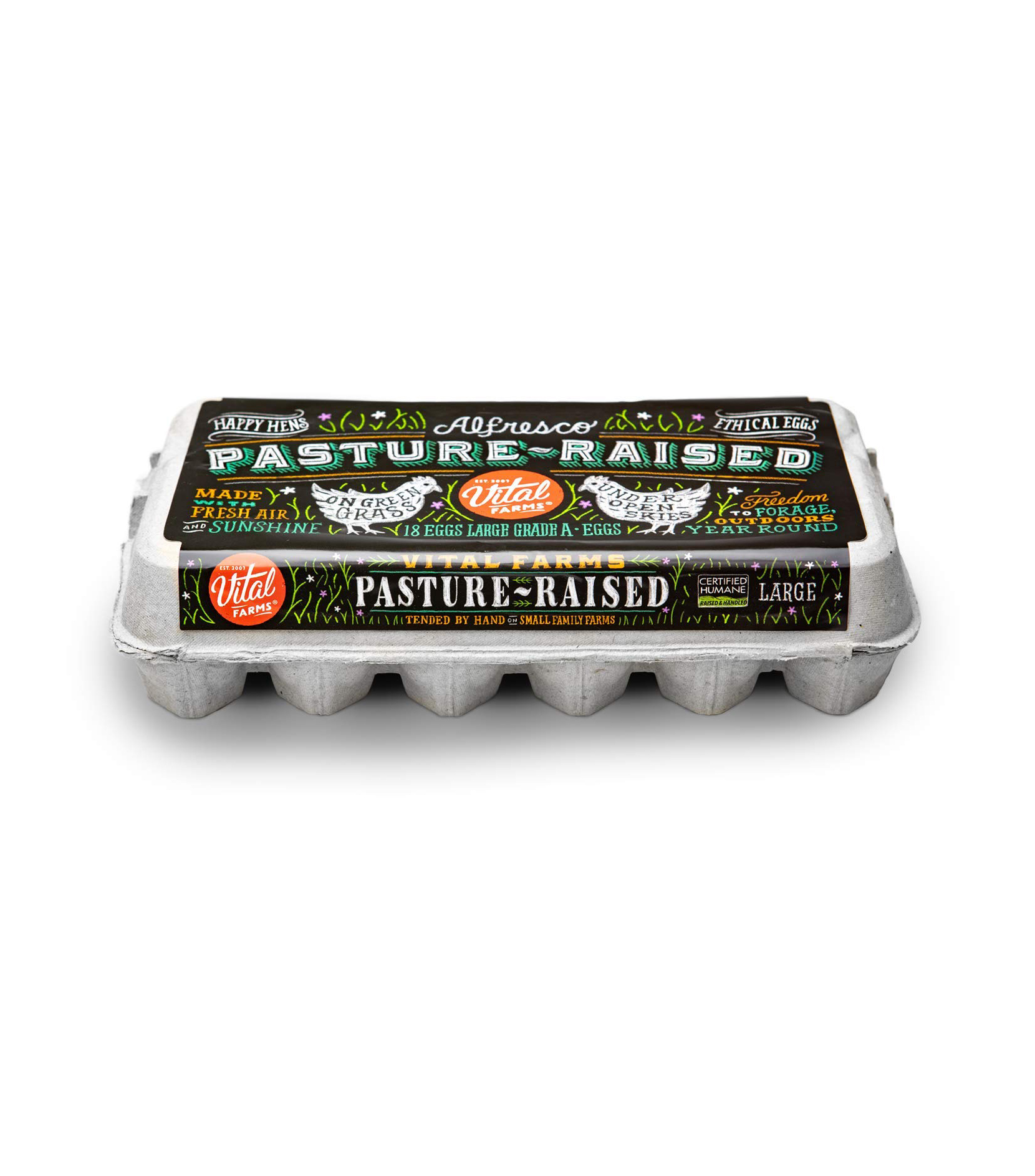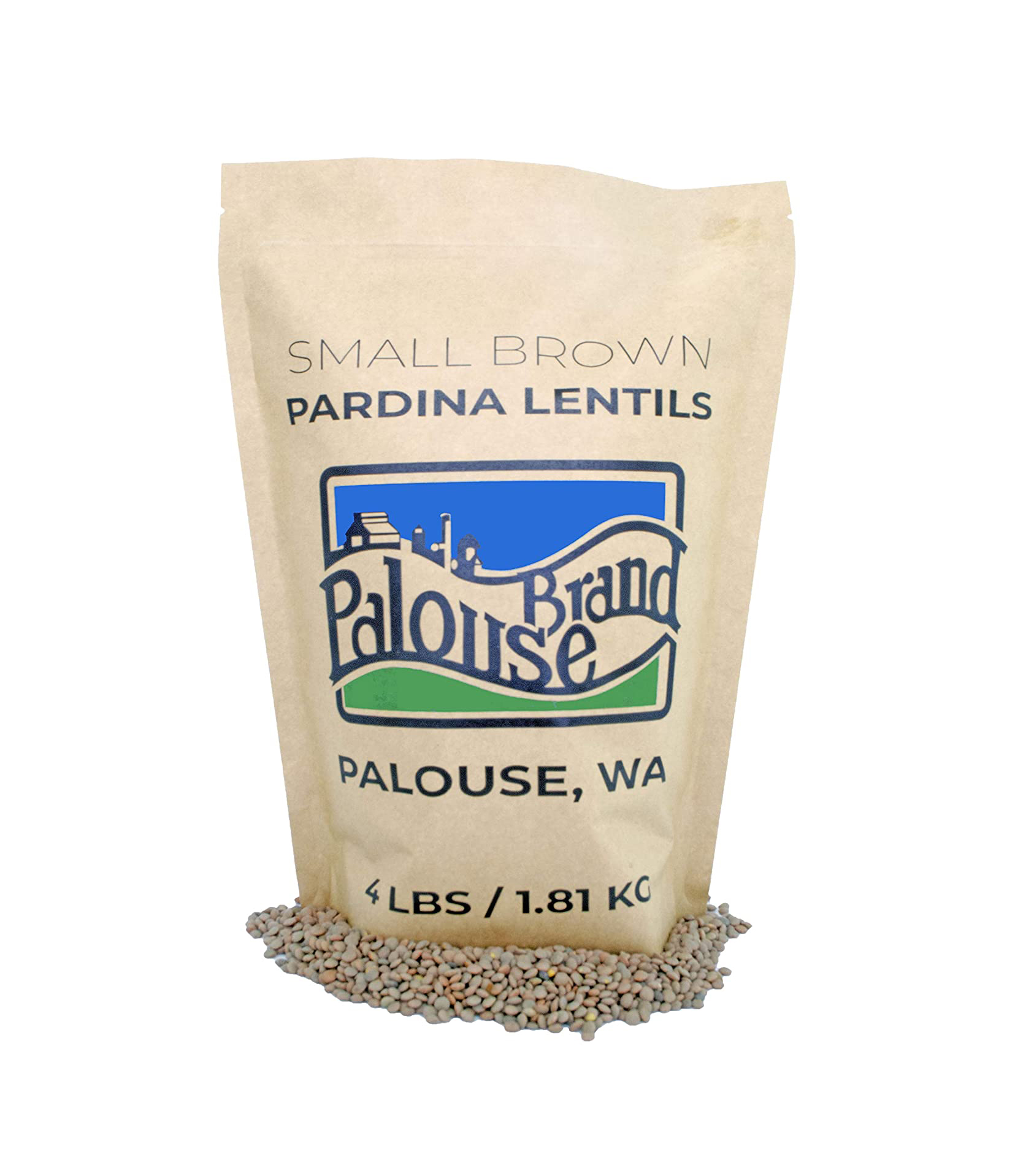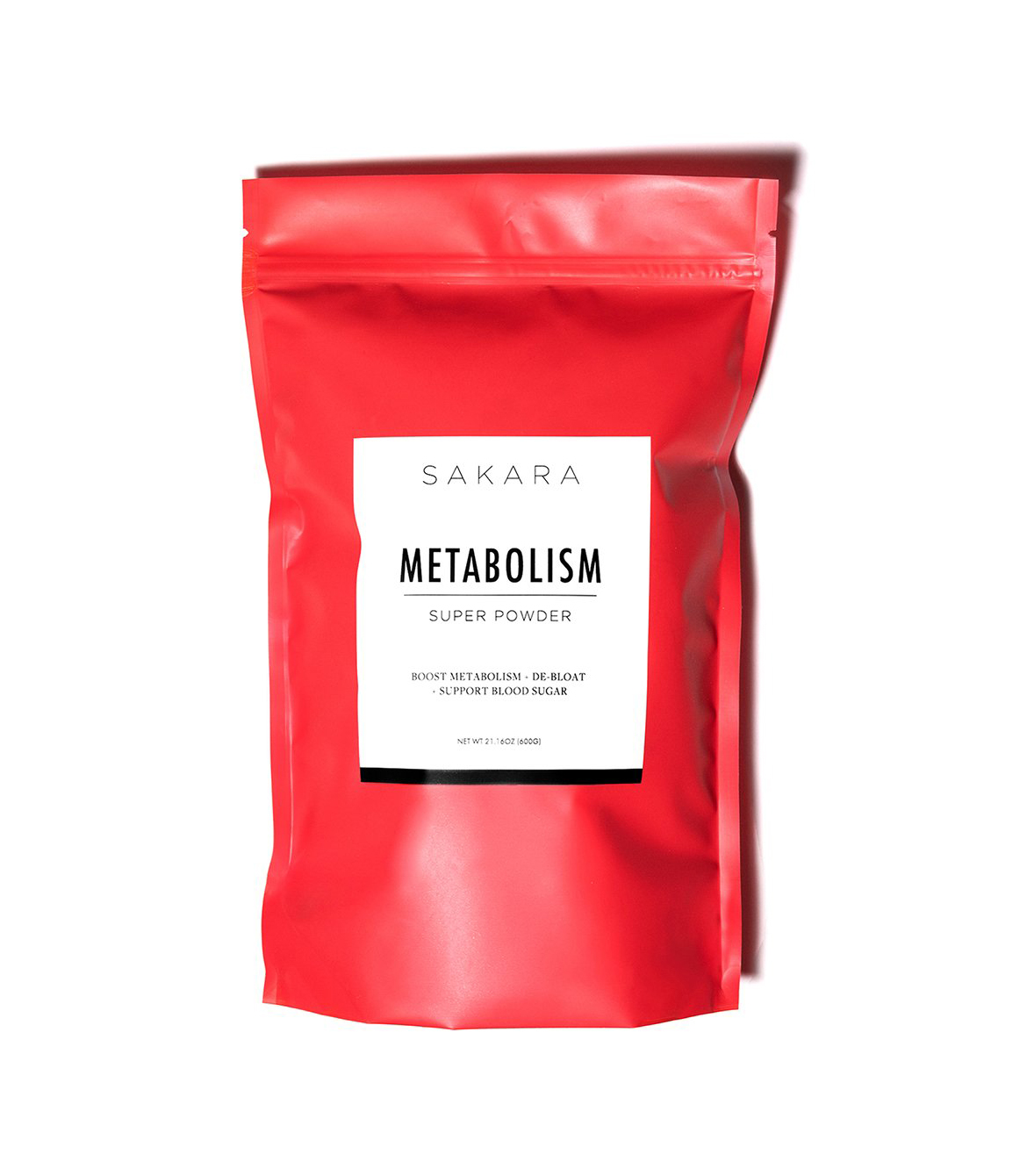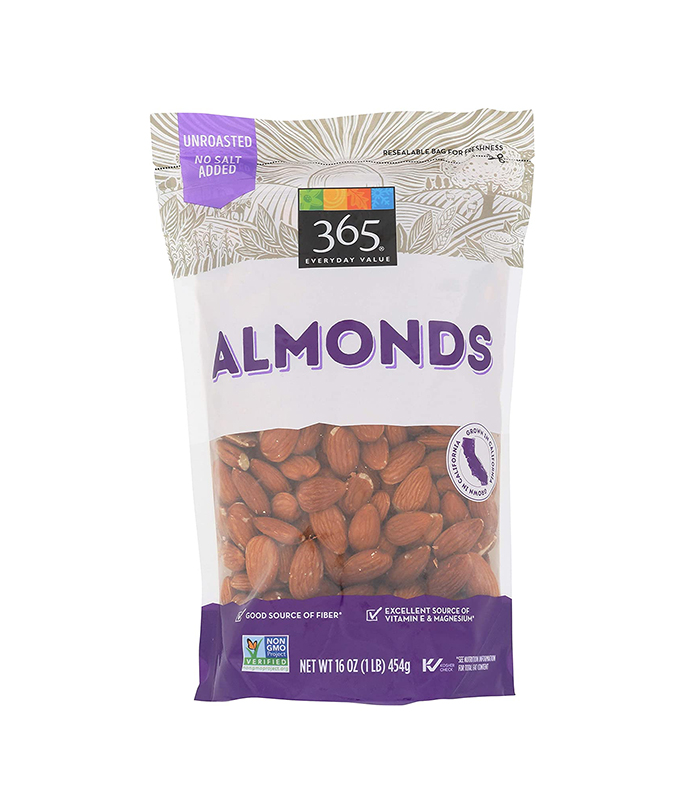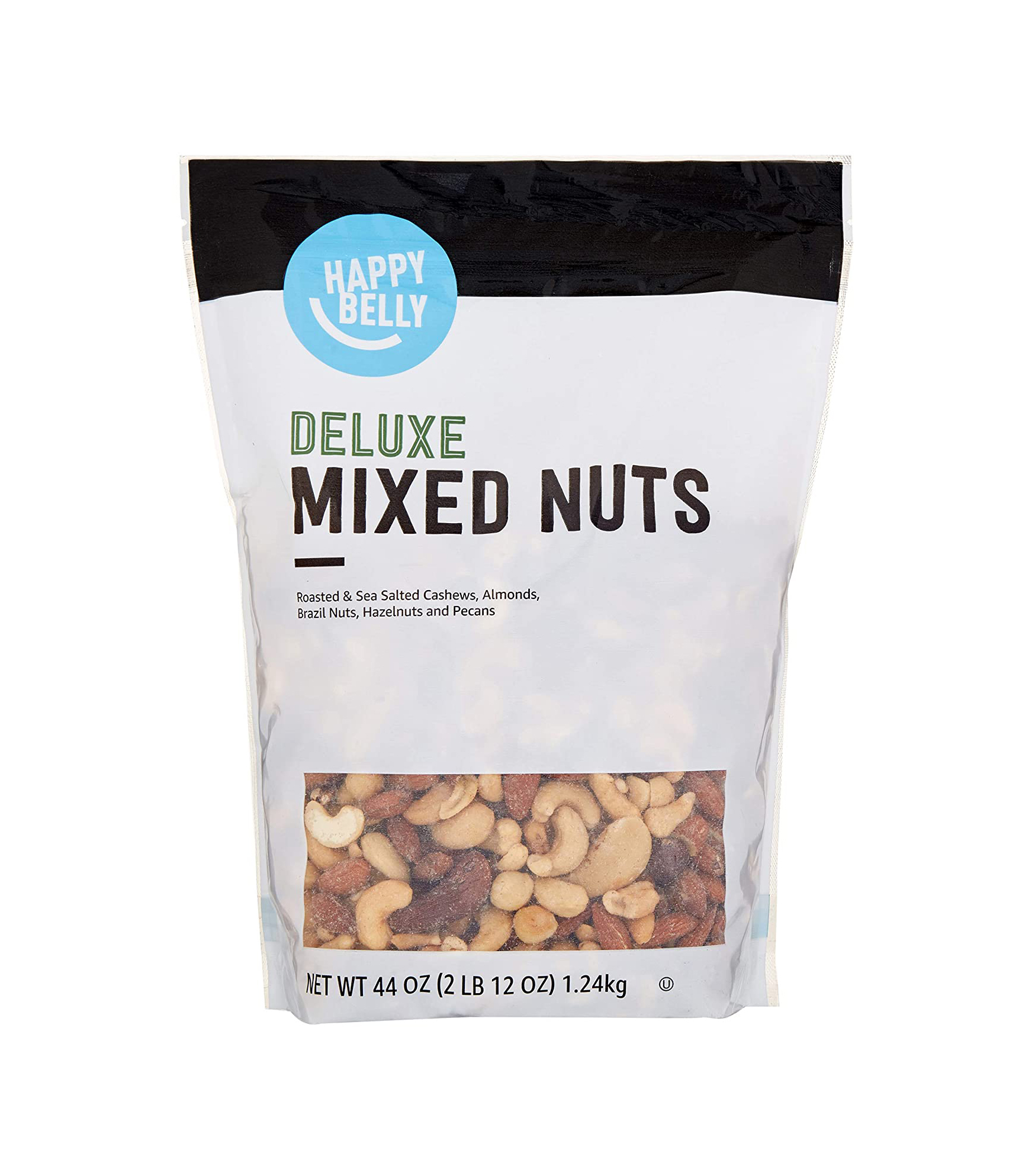7 Metabolism Myths That Are Just Plain Wrong

Think you know all there is to know about your metabolism? Well, sorry to say it, but you probably don't. We all want a fast metabolism, but there are so many myths out there on how to amp it up that it's time to lay down the facts. Here, Daily Harvest nutritionist Amy Shapiro MS, RD, CDN, and Senior Director of Nutrition at Virtual Health Partners Rachel Daniels, MS, RD, dispel the common myths you've definitely heard before.
Myth: You should eat less to increase your metabolism and lose weight.
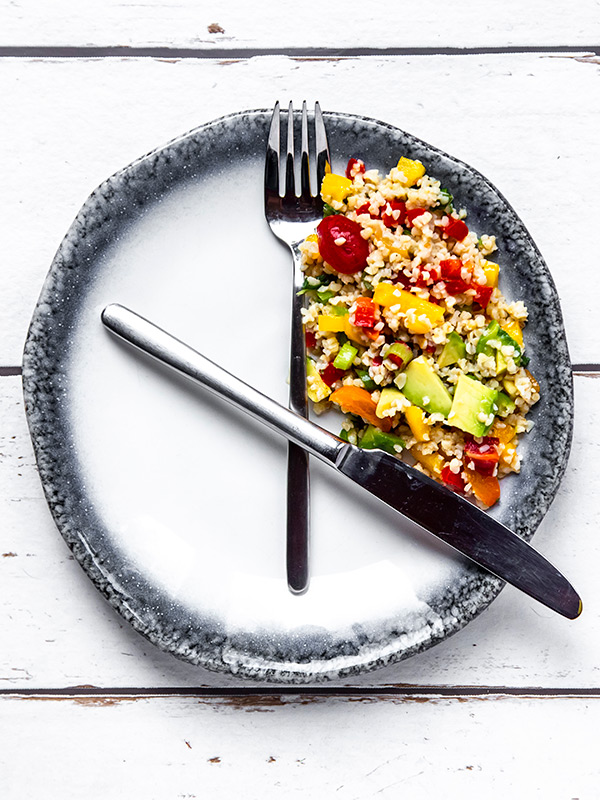
Eating less is not always the answer to weight loss and kicking your metabolism into full gear, says Daniels. "Eating too little food throughout the day can actually have the opposite effect. Your body will try to store calories instead of burning them by going into starvation mode. Think about the quality of the foods that you are eating, and include protein, produce, and fiber regularly in your diet."
Myth: A Low-calorie cleanse is the best way to lose weight.

This is also not true. "Sure, you may have an initial loss, but your body will enter a state of famine and, in the end, will slow the metabolism in order to not burn through the stores it has," explains Shapiro. "This has the reverse effect and, in the end, will cause weight gain and a slower metabolism."
Myth: Resistance training increases your metabolism.

"While muscle is more metabolically active than fat, it takes months of dedication in the gym and the kitchen to gain significant lean muscle mass," explains Daniels. "Even if you're able to increase your lean muscle mass and reduce your body fat percentage, it won't drastically change your baseline metabolism. So while I always recommend strength training as a part of a fitness routine, you might still want to rethink that late-night pizza slice."
Myth: Eating late at night slows the metabolism.
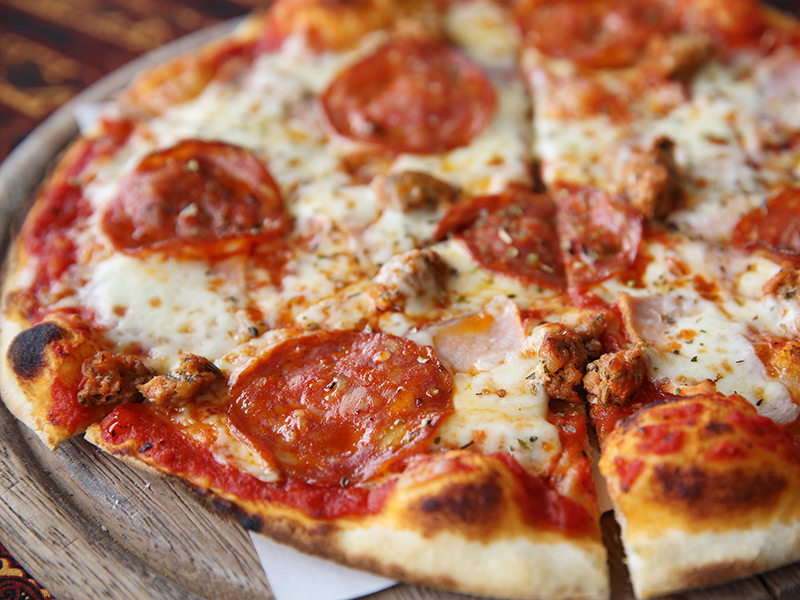
That being said, it's the pizza—not the timing—that could be throwing off your metabolism. "There isn't much research that shows eating after 8 p.m. causes weight gain," says Shapiro. "The reason you may gain weight when eating at night is likely due to mindless snacking and excess calories as opposed to just timing. If you do have to eat at night, then continue to make smart choices and stop eating when you feel satisfied. Meeting your needs won't cause weight gain, but overeating will."
Myth: Specific foods can speed up your metabolism.

While some studies have shown that certain foods, such as green tea and hot peppers, can increase metabolism, that increase is very minor and very short-lived, says both Shapiro and Daniels. "The truth is, there are no magic metabolism-boosting foods," says Daniels. "A better bet is to focus on eating healthy meals and snacks regularly throughout the day to keep your metabolism moving, rather than focusing on a specific food or food group. No need to be scarfing down hot peppers and washing them down with green tea!"
Myth: You can't change your metabolism since its genetic.

While your BMR (basal metabolic rate) is likely genetic, you can change your metabolism by maintaining or increasing your lean muscle mass, explains Shapiro. "Muscle burns more calories at rest. Therefore, the more of it you have, the higher your metabolism."
Myth: Thin people have higher metabolisms.
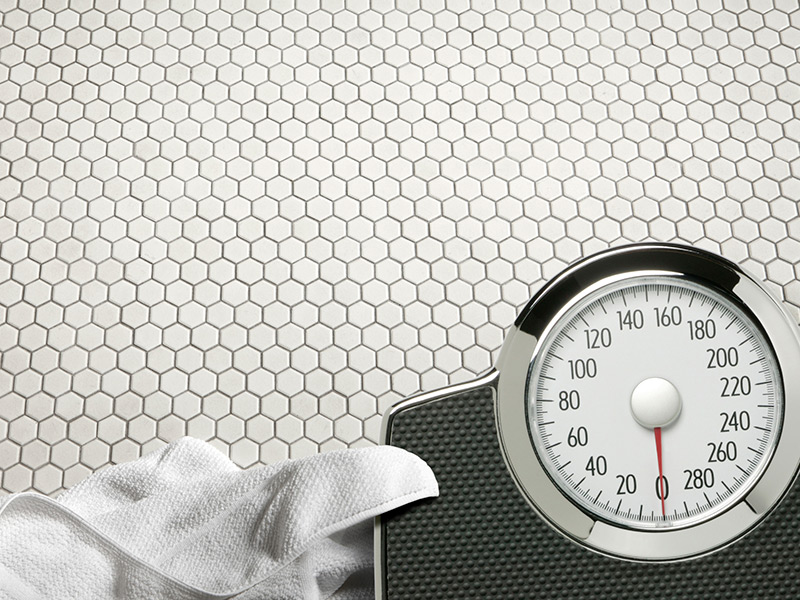
"This is actually not true," says Shapiro. "Lean individuals tend to have slower metabolic rates than overweight individuals whose bodies burn more calories at rest just due to their size."
Up Next, 9 Sneaky Things Nutritionists Say Could Sabotage Your Metabolism
This article was originally published at an earlier date and has since been updated.
Disclaimer
This article is provided for informational purposes only and is not intended to be used in the place of advice of your physician or other medical professionals. You should always consult with your doctor or healthcare provider first with any health-related questions.
-
 Bella Hadid and Gwyneth Paltrow Apparently Love Sakara Life, so We Tried It for 30 Days
Bella Hadid and Gwyneth Paltrow Apparently Love Sakara Life, so We Tried It for 30 DaysHere are our honest thoughts.
By Erin Jahns
-
 The 6 Warning Signs You're Not Getting Enough Protein
The 6 Warning Signs You're Not Getting Enough ProteinAnd what to eat to up your intake.
By Sarah Yang
-
 Everything This Professional Ballet Dancer Eats to Fuel Her for Performances
Everything This Professional Ballet Dancer Eats to Fuel Her for PerformancesHer grocery staples include high-quality French butter.
By Candice Aman
-
 These 8 Foods Are the Worst for Rosacea—Here's What to Eat Instead
These 8 Foods Are the Worst for Rosacea—Here's What to Eat InsteadControl those flare-ups.
By Sarah Yang
-
 15 Things That Cause Bloating and How to Get Rid of It ASAP
15 Things That Cause Bloating and How to Get Rid of It ASAPTry these.
By Sarah Yang
-
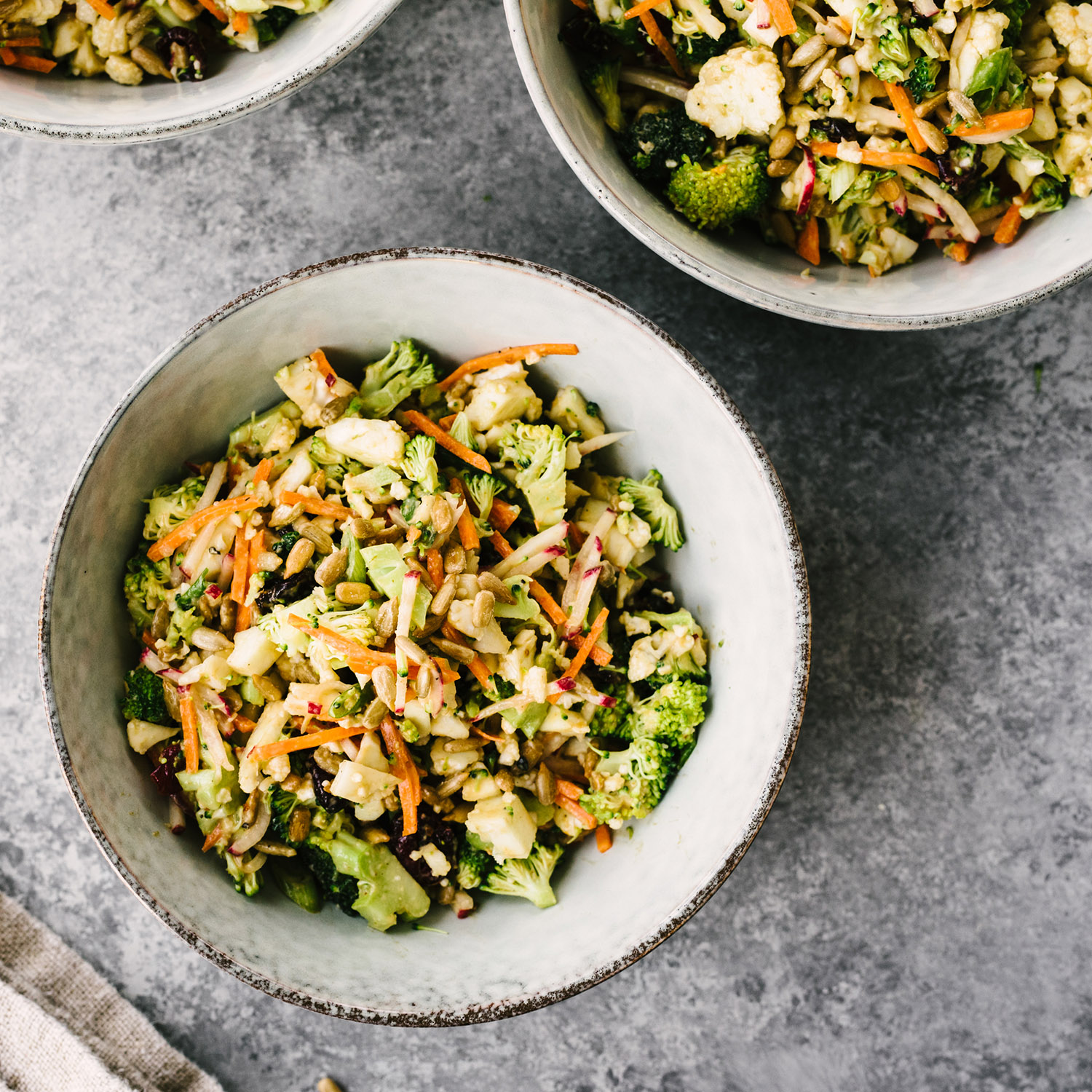 Is the Alkaline Diet Overhyped? What Experts Want You to Know
Is the Alkaline Diet Overhyped? What Experts Want You to KnowHere's how it works.
By Sarah Yang
-
 I'm an Imperfect Dietitian and My Key to Eating Healthy Meals Is Convenience
I'm an Imperfect Dietitian and My Key to Eating Healthy Meals Is ConvenienceTake a peek at my weekly grocery staples.
By Candice Aman
-
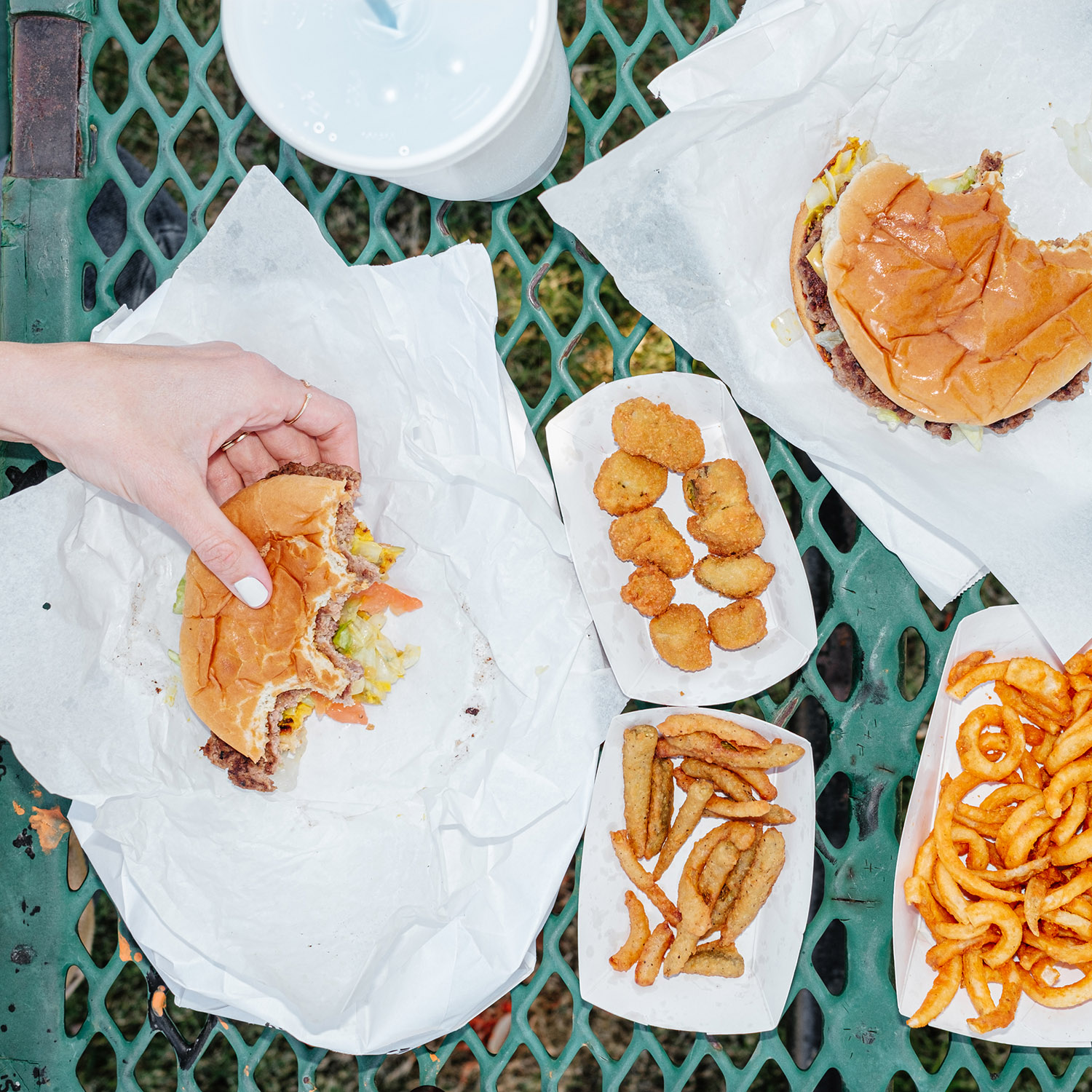 Avoid These 6 Foods—They'll Wreck Your Gut Health
Avoid These 6 Foods—They'll Wreck Your Gut HealthWhat to eat instead.
By Sarah Yang

